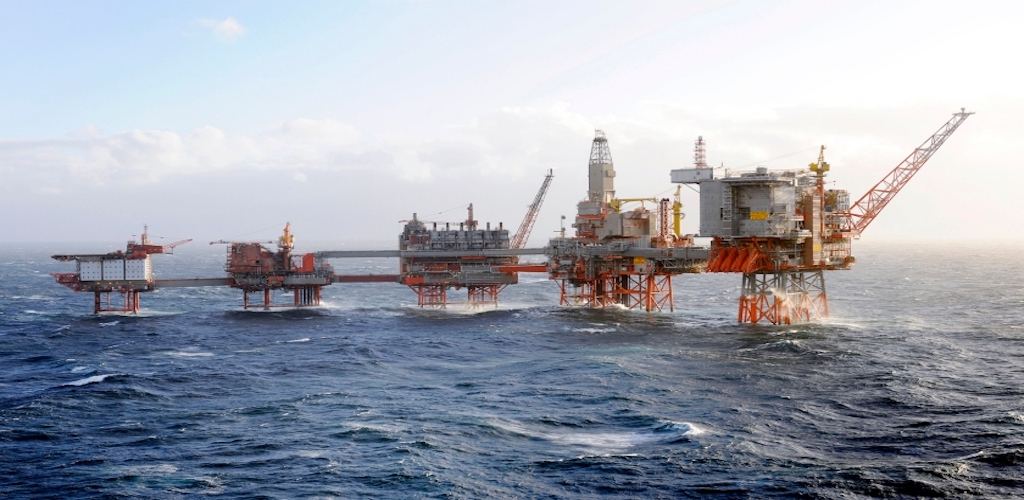Jun 16 | 2020
(Global) Long-term Investment Appraisal Revised

Energy giant BP has announced write-downs of up to US$17.5 billion in assets in the wake of Covid-19 pandemic.
The reassessment of assets is expected to have significant impacts for breakbulk demand in both the upstream and downstream oil and gas sector as the company aims to pivot to alternative energy.
“In February we set out to become a net zero company by 2050 or sooner ... As part of that process, we have been reviewing our price assumptions over a longer horizon. That work has been informed by the Covid-19 pandemic, which increasingly looks as if it will have an enduring economic impact,” said Bernard Looney, CEO of BP.
Real Impacts
The firm estimates that non-cash impairment charges and write-offs in the second quarter, will be in an aggregate range of US$13 billion to US$17.5 billion post-tax. The revised investment appraisal is based on the company’s long-term price assumptions that Brent will average around US$55 per barrel from 2021-2050.
“The impairment shouldn’t come as a big surprise. The risks were clearly flagged in BP’s 2019 annual report. While these are non-cash charges, with no bearing on cash flows, the implications – near-term and long-term – are very real,” said Luke Parker, vice president of corporate analysis, at Wood Mackenzie.
Development Plans
BP foresees the lower price assumptions as broadly in line with a range of transition paths consistent with the Paris climate goals and as such is reorganising its investment plans.
“We have reset our price outlook to reflect that impact and the likelihood of greater efforts to ‘build back better’ towards a Paris-consistent world. We are also reviewing our development plans. All that will result in a significant charge in our upcoming results, but I am confident that these difficult decisions – rooted in our net zero ambition and reaffirmed by the pandemic – will better enable us to compete through the energy transition,” Rooney added.
The write-down as a part of a broader energy transition is predicted to have multiple imapcts across the sector with the potential to turn assets into liabilities if major firms have to turn from production to decommissioning.
“In the longer term, this is about BP’s strategic shift away from oil and gas. While that will be a multi-decade affair, BP is already getting to grips with the idea that its upstream assets are worth less than it believed as recently as six months ago. Indeed, some of them are worth nothing,” Parker added.
Subscribe to BreakbulkONE and receive more industry stories and updates around impact of COVID-19.
